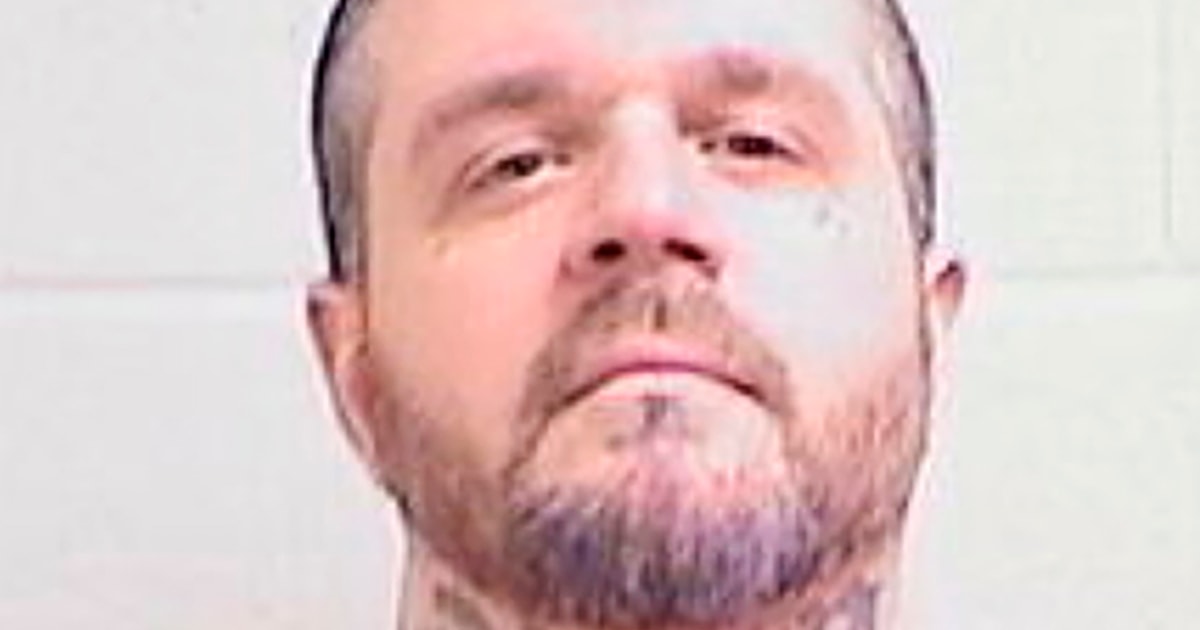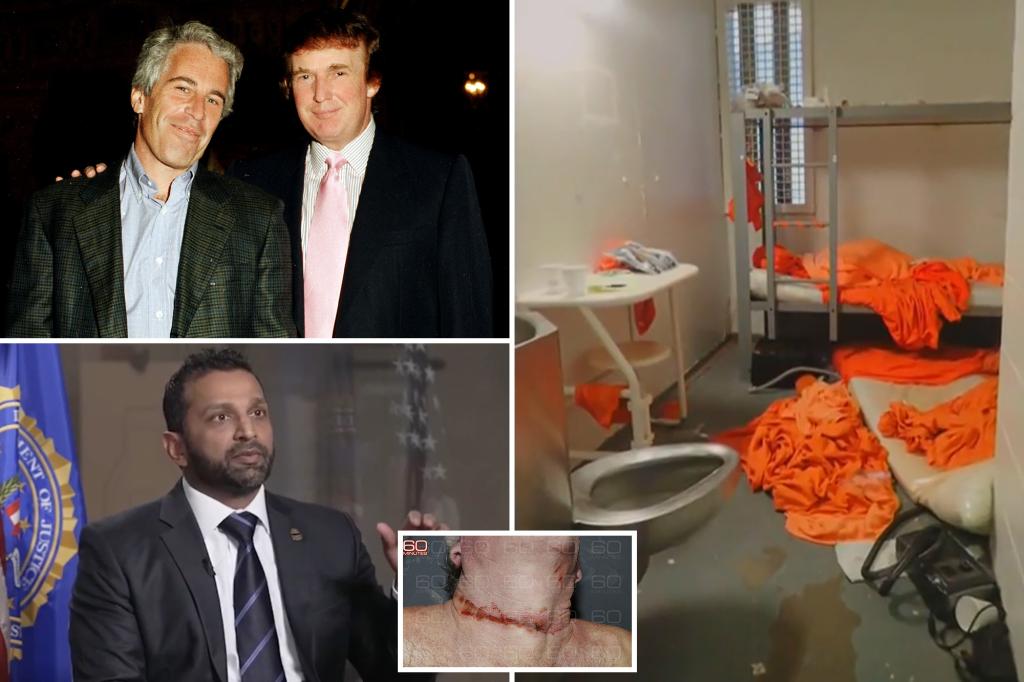El Paso Tragedy: Gunman Prepares Guilty Plea in Walmart Mass Shooting
The gunman responsible for the 2019 El Paso Walmart massacre that killed 23 people and injured dozens more is expected to plead guilty to federal murder and hate crime charges. Patrick Crusius, now 24, targeted Hispanic shoppers in the August 3 attack—one of the deadliest anti-Latino attacks in modern U.S. history—and faces up to life in prison without parole.
The Path to Justice: Legal Proceedings and Sentencing
Federal prosecutors announced the plea agreement on July 6, 2023, nearly four years after Crusius drove 650 miles from Allen, Texas, to El Paso armed with an AK-47-style rifle. The plea avoids a potentially grueling trial for survivors and victims’ families while ensuring the shooter receives maximum penalties under federal law.
“This plea represents accountability, but no amount of justice can undo the devastation,” said U.S. Attorney Jaime Esparza in a press statement. “What it does provide is certainty—certainty that the defendant will spend the rest of his life behind bars.”
Key legal developments include:
- 90 federal charges, including 23 counts of hate crimes resulting in death
- Concurrent state capital murder case still pending in Texas
- Possible death penalty if convicted in state court
- Scheduled formal plea hearing for late summer 2023
Examining the Roots of Hate: White Supremacy and Domestic Terrorism
The attack unfolded amid rising white nationalist violence nationwide. Crusius allegedly posted a racist manifesto online minutes before the shooting, echoing anti-immigrant rhetoric and the “great replacement” conspiracy theory. FBI data shows hate crimes reached a 12-year high in 2019, with anti-Latino incidents rising 9% that year.
“This wasn’t just a mass shooting—it was an act of domestic terrorism meant to intimidate an entire community,” explained Dr. Cynthia Miller-Idriss, director of American University’s Polarization and Extremism Research Lab. “The guilty plea confirms what we already knew: This was a calculated, racially motivated attack.”
Researchers note disturbing trends:
- 73% of domestic terrorism incidents in 2019 were perpetrated by white supremacists (ADL data)
- Hispanic populations saw a 21% increase in targeted violence between 2018-2020
- Online radicalization cases involving young men tripled since 2015
Community Impact and the Long Road to Healing
El Paso—a city where 83% of residents identify as Hispanic—continues grappling with trauma. Memorials at the Walmart site now include 23 illuminated pillars, while survivors endure physical and psychological wounds. Many families lost multiple relatives in the attack, including several Mexican nationals shopping for back-to-school supplies.
“My mother survived by playing dead between two bodies,” recounted Ana Rodriguez, whose aunt perished in the shooting. “We appreciate the legal resolution, but our community needs more than courtroom victories. We need policy changes to prevent this from happening again.”
Gun Violence in America: Persistent Challenges After El Paso
The massacre reignited debates about gun access and hate speech. While Texas passed a “red flag” law in 2021 allowing temporary firearm removal from dangerous individuals, experts argue more comprehensive measures are needed:
- Assault weapons ban: The shooter’s rifle was legally purchased despite its high lethality
- Online monitoring: Social platforms still struggle to curb extremist content
- Community programs: Local initiatives to counter radicalization remain underfunded
“We’re treating symptoms instead of causes,” said former ATF agent David Chipman. “Until we address how easily disturbed individuals can arm themselves with weapons of war, these tragedies will continue.”
Looking Ahead: Implications of the Guilty Plea
The plea deal avoids a traumatic trial but leaves unanswered questions about systemic failures that enabled the attack. Meanwhile, Texas prosecutors may still pursue the death penalty in their separate case—a decision expected by year’s end.
For advocates, the focus shifts to prevention:
- Enhanced background checks for firearm purchases
- Increased funding for mental health services
- Stronger federal hate crime legislation
As El Paso mourns, the nation watches. This case serves as both a reckoning and a warning—a stark reminder that words and weapons can combine with devastating consequences. Those wishing to support affected families can contribute to the El Paso Community Foundation’s Shooting Victims’ Fund, which continues providing counseling and assistance to survivors.
See more Update My News



